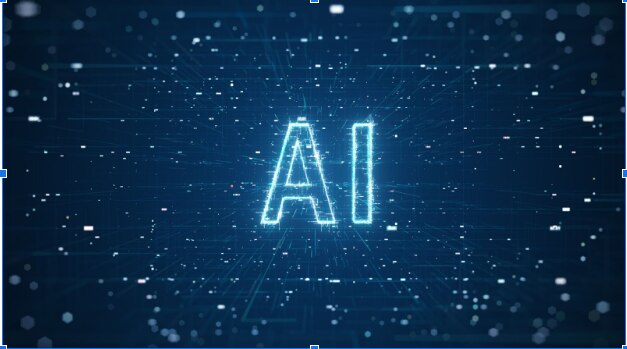1. Proactive Ethical Frameworks
In my journey as a Digital Transformation Expert, I’ve learned one crucial lesson: the technology we employ is only as good as the ethics we embed within it. Without a doubt, AI has revolutionized how we work, think and live. But, without proper ethical frameworks in place, it’s a technology with immense potential for misuse. I can’t stress enough the necessity of proactive ethical frameworks in AI. I feel an urgent need for guidelines that predict potential risks, ensuring the responsible use of AI technologies in digital transformation.
Imagine, for a moment, the efficiency and productivity that generative AI could bring to a workplace: it could synthesize data, optimize business processes, and even augment human creativity. But if the very same AI systems were to be employed unethically, they could inadvertently favor certain groups or act biasedly. That’s a bleak future that we must avoid at all costs.
2. Transparency and Explainability
In the tech realm, there’s an intriguing perspective, likening AI to a magic show: all audience members witness the magic tricks but few understand the intricate workings behind the curtains. This analogy highlights a significant concern about the mystique around AI’s functionalities and decision-making processes. To trust AI and appreciate its true potential, it is paramount to prioritize transparency and explainability.
Transparent AI systems present the golden opportunity for users to delve deeper into the decision-making process, akin to letting them peek behind the curtain of that magic show. Therein lies the beauty of explainability. I am of the firm belief that knowledge is empowering, and comprehending the complex dynamics of AI systems certainly fosters trust and reliability in AI-powered solutions. After all, we all feel more at ease when we understand the mechanisms behind the phenomena that have profound effects on our lives.
3. Bias Mitigation
Ah, bias mitigation… this is one topic that’s close to my heart. Bias in AI algorithms and datasets is like a silent pest, creeping in unnoticed and causing harm. If not properly addressed, this can lead to unfairness and inequity in AI applications and create discriminatory outcomes.
I firmly believe that fairness and equity should be at the core of all our technological innovations. The work of many brilliant minds in the field, including Timnit Gebru and Joy Buolamwini, has already started to bring about necessary changes. But there is still much work to be done, and it begins with each one of us taking steps towards mitigating bias in our AI systems.
4. Human Oversight and Responsibility
While it’s awe-inspiring how advanced our AI systems have become, we must remember that they are tools in our hands and not the other way around. Even though AI can automate tasks and make data-driven decisions, it’s crucial to maintain human oversight and accountability. We humans should be the ultimate decision-makers and bear the responsibility for AI outcomes.
Generative AI in the workplace can be an incredible asset, but it’s important for workers and leaders to understand the potential implications. We cannot abdicate our responsibility and simply blame the machine when things go awry. That’s why I strongly advocate for educating workers and leaders on the benefits of generative AI and the importance of overseeing its use effectively.
5. User Consent and Privacy
Privacy is a fundamental right and in today’s digital age, it’s more important than ever. A respectful AI ethic must take user consent and privacy rights into serious consideration. It means obtaining informed consent for AI-enabled services and safeguarding personal data through robust privacy measures. I am reminded of a motto I once read, “With great data comes great responsibility”. And it couldn’t be more relevant!
6. Continuous Evaluation and Improvement
Ethics isn’t a one-time deal. It’s a continuous journey, and the ethical implications of AI systems are no different. We need to constantly evaluate our practices, learn from our experiences, and adapt them to enhance trust, accountability, and ethical standards in digital transformation.
You know, there’s a random fact that I’d like to share: a study found that nearly 50% of digital transformation efforts falter due to a lack of ethical and inclusive practices. It’s a stark reminder of the critical role that ethics play in the success of digital transformation.
Ultimately, I deeply believe that adhering to AI ethics is not just about doing what’s right. It’s about building a future where technology serves us all equitably and sustainably. Remember, a bot is only as good as the ethics it operates on. Let’s make sure they’re solid!







